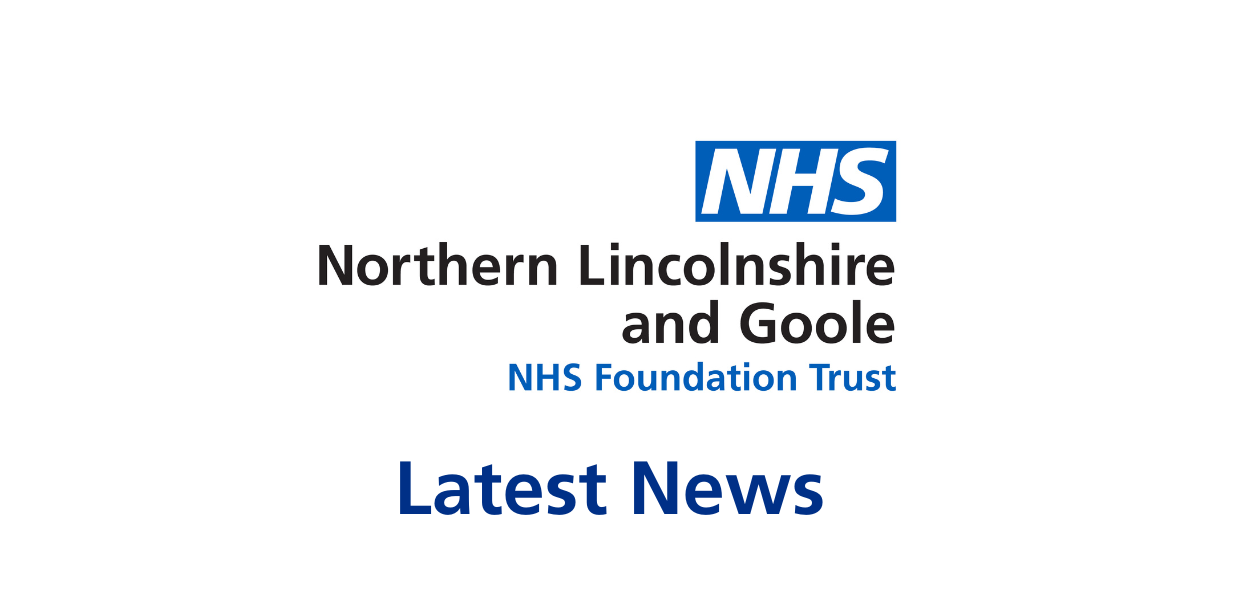The significant improvements we have made in both quality and finances has been recognised today with NHS England removing the Trust from the Recovery Support Programme (formerly known as Special Measures).
In 2017 the Trust was placed into Double Special Measures following concerns around quality and finances.
Our latest CQC report, published in December 2022, showed significant improvements in the quality of care and some areas of outstanding practice. The report recognised our efforts to improve leadership, culture, safety, complaints and to tackle our waiting lists. Now after being able to demonstrate a grip on our finances too, NHS England has confirmed we will leave the Recovery Support Programme with immediate effect.
Dr Peter Reading, Chief Executive, said: “This is a huge milestone for a largely rural trust, with a coastal catchment area too, whose painful journey through Special Measures began back in 2013. The lion’s share of the credit for achieving it rests with our wonderful staff. Their determination to improve our services, to learn from the best elsewhere, to focus on what really matters for our patients, not to be knocked off track by Covid and the challenges of recovery, and still to look after taxpayers’ money wisely, has been exemplary. It has been a privilege to work with such colleagues as their Chief Executive.
“We are of course grateful for the considerable support that we have had from our local partners and from NHS England (as part of the Recovery Support Programme). We know that there is still work to do and what we must now do is maintain those standards, ensuring we don’t slip back, whilst also driving forward further improvements for the benefit of our local communities.”
Just some of the improvements we have made since 2017 include:
- Our waiting lists have gone from the worst in the country to some of the best in the North
- Our mortality rates (SHMI), the reason we were first put in Special Measures in 2013, have moved up from the third worst in England to the median (60th out of 121 trusts)
- We’ve managed to secure the biggest investment in our estate and equipment for a generation, £237 million over six years, including our two new Emergency Departments, seven new scanners, the Roost staff accommodation block, several ward refurbishments, and major upgrades to our critical infrastructure (water and fires systems), with the next stage (our new SDECs and IAAUs) well under way
- We’ve rolled out digital equipment including workstations on wheels, moving over to electronic prescribing
- We’ve invested in more nurses and midwives and ward equipment; and cut our medical vacancies substantially
- We’ve introduced a whole new approach to Quality Improvement (QI) encouraging staff at all levels to get involved in making changes for the better – with 160 projects already, celebrated at our QI Conference
- We’ve improved our health and wellbeing offer to staff
- An improved health and wellbeing offer for staff
- We’ve balanced our books financially four years running
- We’ve shifted our organisational culture to one which is safety focused, clinically led and managerially enabled – and financially sound as a result, because we now have the right people (our clinical staff) shaping and making the key decisions on what we spend.
